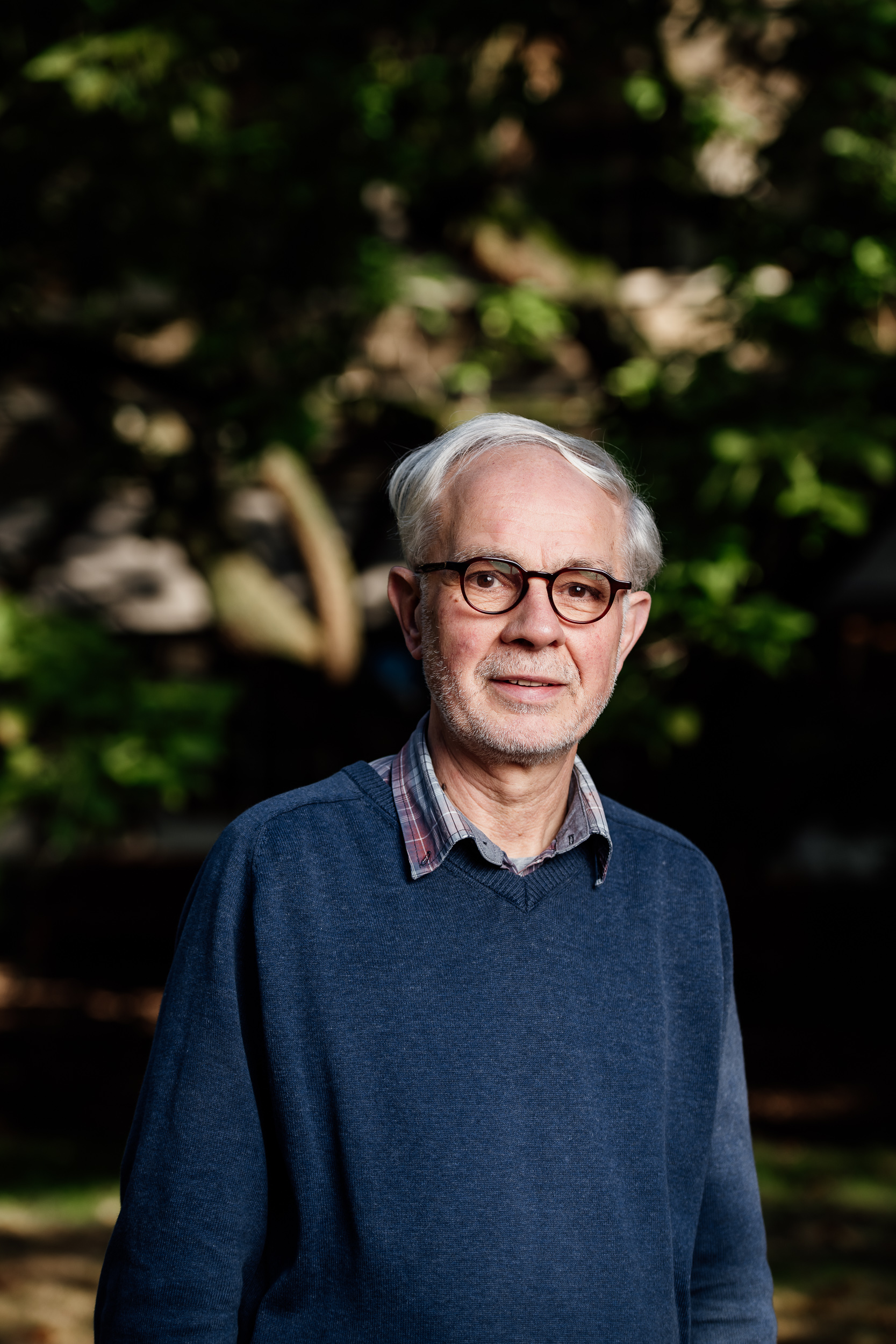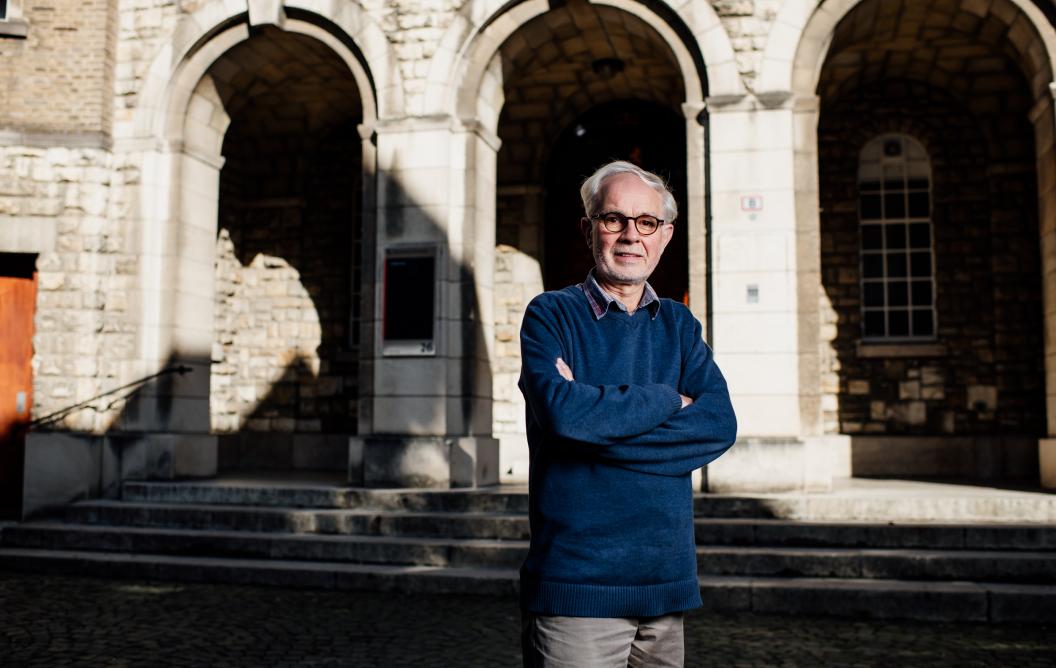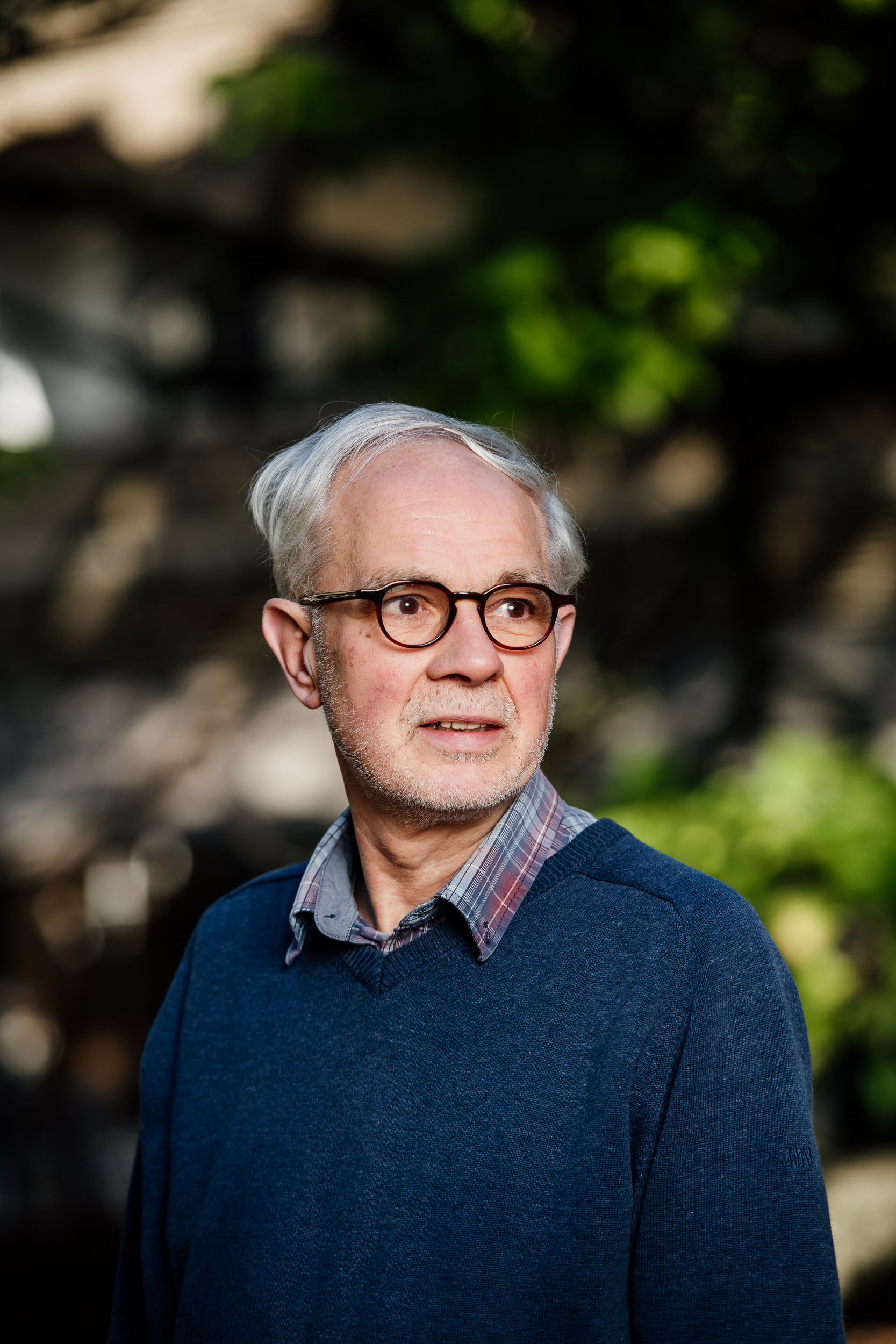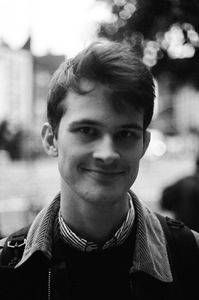Are human rights of future generations our concern?
After years of meaningful work at our university, Prof. Fons Coomans gave his farewell address to the Faculty of Law on 2 September, where he examined important human rights questions. How do they impact our daily lives? And how do they affect people on a personal level? Will future generations still have human rights?
“The law certainly has sufficient starting points to shape the rights of future generations; but these will need to be developed further”, says Fons. Before stepping down, Fons was the director of the Maastricht Centre for Human Rights and held the UNESCO Chair in Human Rights and Peace. He also taught master’s students about the international protection of human rights. He researched many topics, ranging from the right to education, food, work, and housing to the right to participate in cultural life and the right to benefit from the results of scientific progress. In short, we have plenty to look back on.
Good ancestor
Fons’ area of expertise is constantly evolving, partially due to geopolitical changes. The discussion surrounding human rights, for example, is highly multifaceted; topics like climate change can be assessed from a human rights perspective. “Questions as ‘what measures should we take now to prevent damage in the future? How can we safeguard the right to housing, health and food?’ play an important role. In my opinion, we have an obligation to deal with these difficult problems. There’s sufficient evidence that if we do not act on climate change, the consequences will be disastrous – for humans, animals, and nature as a whole.”
Some Western countries have already imbedded human rights responsibilities and the above-mentioned obligations in legislation. “Think of the Urgenda case in the Netherlands, in which the highest court ruled that the Dutch government is not doing enough to meet its climate goals. These are important developments.” And the UN’s recognition that a clean, healthy and sustainable living environment is a fundamental human right also contributes to a future where human rights are upheld.
One could also wonder whether the above agreements and obligations are our concern. Why should we change for future generations? “I like to quote the book The Good Ancestor by the philosopher Roman Krznaric”, Fons replies. “It says it loud and clear: ‘Face up to problems and don’t leave them for the next generation.’ Make them look back on us as good ancestors.” (text will continue below picture)

In 1992, Fons Coomans obtained a PhD degree from Maastricht University. He taught international human rights law, was director of the Maastricht Centre for Human Rights and a member of the Netherlands Network for Human Rights Research. Fons held the UNESCO Chair in Human Rights and Peace and was director of the Maastricht Centre for Human Rights, founding member of the Consortium on Extraterritorial Human Rights Obligations, and member of the Dutch section of the International Commission of Jurists. To name just a few of his many activities. Since September 2022, he has been professor emeritus at our Faculty of Law.

Voice of future generations
We bear the responsibility for future generations’ human rights. But how do we give rights to unborn people? “Legally, that isn’t possible”, says Fons. “After all, future generations literally have no voice – but we can make people who are currently alive their representatives. For example, Israel, Hungary, and Wales all have Ombudspersons who act as a guardian of future generations: they speak on their behalf. We have an unofficial ‘acting ombudsman’ in the Netherlands, too.”
Human rights in practice

Fons’ words emphasise that we have plenty to discuss in the coming years when it comes to the topic of human rights. But how much of that discussion has had practical impact? “As scientists, we get involved in the academic debate by substantiating our ideas, after which we hope the government will do something with them – they could adopt a poverty policy based on human rights, for example. But when it comes to creating regulations and legislation in the Netherlands, we neglect to use the human rights obligations that are rooted in treaties we’ve signed as guidance.”
That’s why experts try to make their voices heard as much as possible. “In early 2023, Maastricht is organising and coordinating an expert meeting on the human rights of future generations, where we will try to put in writing what these human rights are and which obligations countries have to their inhabitants as a result, both today and tomorrow. We hope our expert opinions will contribute to the continued legislative basis of ensuring human rights. It’s a long-term process, of course, but we have to start emphasising our social responsibilities somewhere.”
That Fons is stepping down doesn’t mean that these projects and research will come to a halt. In fact, he’ll continue to work on human rights issues. “And on projects like Shelter City for human rights defenders or facilitating educational facilities for refugees in southern Limburg. In short, I will remain active as an emeritus professor at Maastricht University.”
Also read
-
A team of researchers at the Law & Tech Lab is exploring an AI-assisted solution that makes legal assistance more accessible to everyone. Think of difficult contracts with legal language, explained in plain language or summarized for easy understanding. The exploration of this tool comes with a few...
-
On January 28th, Konrad Kollnig, assistant professor in the Law & Tech Lab of the Law Faculty, was awarded this years’ Stefano Rodotà Award. His thesis conducted a technological and legal study into mobile apps on how to improve data protection in practice.


